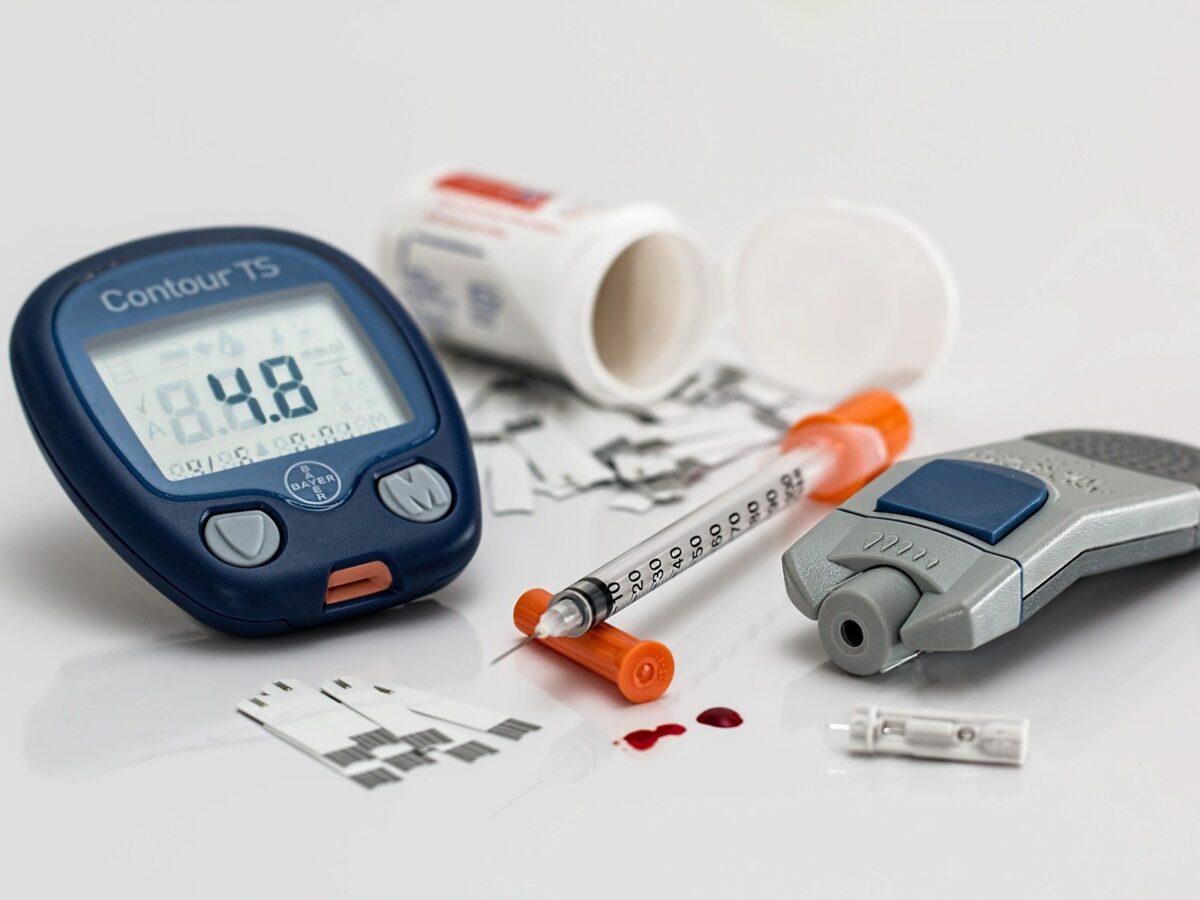Blog
Dental hygiene tips for healthy teeth & gums

Does Diabetes Affect Dental Health?
Diabetes is a disease that has, unfortunately, engulfed the human population in its clutches. In the USA alone, 29.1 million people, 9.3 percent of the total population are diabetic. Furthermore, 1.7 million new cases are registered each year, and 8.1 million people living with diabetes are not even minutely aware that they have the disease.
If defined in simple words, diabetes hampers the human body’s ability to process sugar.
All the food that we eat is turned into sugar and then utilized as energy. But, in Type I diabetes, the body doesn’t produce enough insulin – the hormone that carries sugar from the blood to the cells. And, in Type II diabetes, the body stops responding to insulin itself. Both types of diabetes cause high blood sugar levels that can consequently result in problems related to the eyes, nerves, kidneys, heart, and so forth. It is essential to note that looking after teeth and gums is crucial for surviving diabetes. Dental problems are widespread among diabetic patients. Now that we have briefly discussed the nitty-gritty of diabetes let us examine how diabetes affects dental health.
Dental Health and Diabetes
It is undeniable that people who have diabetes and don’t control their blood sugar levels appropriately are more likely to deal with teeth and gum problems. The various dental issues that can increase due to a diabetic condition are –
- Dry Mouth: Diabetes can slow down the production of saliva, thereby causing doctor mouth or xerostomia. The saliva and its enzymes attack bacteria, and in their absence, there can be a proliferation of plaque inside our mouth causing tooth decay. Moreover, dry mouth can also lead to sores and ulcers.
- Infection: A fungal yeast infection called thrush is also widespread among people with diabetes. The condition manifests as white or red patches on the tongue, cracking of the skin at the corner of the lips, and open sores.
- Gingivitis: It is the initial stage of gum disease caused by an inappropriate oral health regimen. The condition is characterized by the presence of red, tender, and swollen gums that can bleed while brushing.
- Periodontitis: Although gingivitis is a reversible condition and can be treated with a proper dental health routine and some help from the dentist, the prolonged presence of gingivitis can result in mild periodontitis. The conversion of gingivitis and periodontitis is typical among diabetic patients. In simple terms, periodontitis is a dental condition wherein the gums and bones supporting the teeth begin to wear away and recede.
Therefore, the dental problems facilitated by diabetes are many. But, the good news is that by following a robust dental health regime, you can keep various teeth and gum diseases at bay. Also, it is crucial to maintain a proper diet and keep the blood sugar levels under control. Lastly, exercising and quitting smoking are essential if you have diabetes and want to keep it under check.
Schedule your appointment with a dentist today and get the treatment on time!


